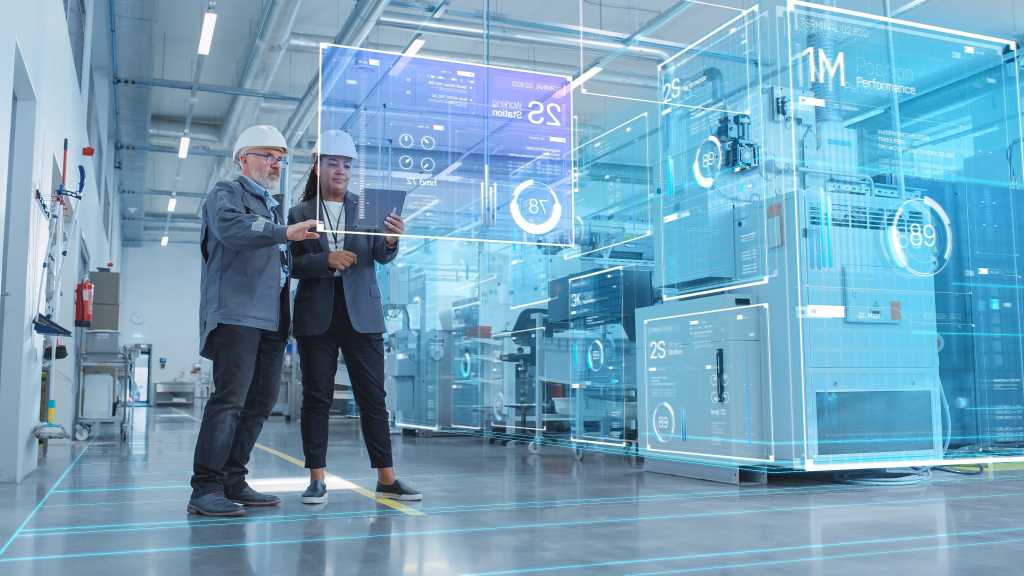Microsoft Copilot and agents are poised to make significant contributions to future manufacturing by enhancing productivity, efficiency, and autonomy.

Recent advances in generative AI are transforming manufacturing through intelligent assistants and autonomous systems. These technologies address key industry challenges including worker retention, productivity, and operational efficiency through two key approaches: AI Copilots and agentic AI.
The role of Microsoft Copilots
Copilots represent some of the most impactful solutions built on generative AI, benefiting both businesses and individuals. Designed with specific personas at the center, Copilots reimagine daily workflows by integrating generative AI capabilities. They provide essential knowledge and guidance for day-to-day activities while eliminating manual, repetitive tasks.
Manufacturing companies commonly struggle with retaining skilled workers and improving productivity. Each role in the manufacturing value chain can benefit from specialized copilots, including product designers, plant operators, maintenance engineers, supply chain analysts, and sales and service representatives.
For example, Copilot for plant operators could:
- Extract precise information from extensive operator manuals
- Provide quick insights into production line health with proactive maintenance suggestions
- Guide machinery restoration after breakdowns
Similarly, Copilots for maintenance engineers could:
- Identify necessary tools and materials before technicians reach the site
- Assist with troubleshooting and root cause analysis
- Automatically generate job summary reports
These capabilities are delivered through natural language interaction in the user’s preferred language and medium. Copilot can significantly improve factory operations by empowering workers, reducing unplanned downtime, and enhancing productivity and safety.
The role of agentic AI
While Copilot focuses on supporting specific personas, agentic AI builds autonomous systems designed to achieve specific goals within larger, complex problems.
A multi-agent approach is particularly valuable in dynamic manufacturing environments where continuous optimization and autonomy are essential. For instance, in order fulfillment, separate AI agents can be developed with distinct goals for inventory optimization, order prioritization, production scheduling, adaptive shipping, and end-to-end tracking.
These agents can autonomously make decisions based on changing environmental conditions while continuously learning from past experiences. Agentic AI has the potential to transform manufacturing from basic automation to true operational autonomy.
Agentic AI frameworks and standards
Several notable frameworks support agentic AI development, including Microsoft Semantic Kernel and AutoGen, LangChain, AutoGPT, and CrewAI. Communication standards for agentic AI are being defined through initiatives like Google’s Agent2Agent protocol and Anthropic’s Model Context Protocol.
The future of intelligent manufacturing
Copilot and agents are poised to make significant contributions to future manufacturing by enhancing productivity, efficiency, and autonomy. Successful adoption requires human oversight, responsible AI guardrails, and alignment with environmental sustainability goals. TCS is developing persona-based AI advisors and agentic AI solutions to help customers benefit from these transformative technologies. The company’s strategic partnership with Microsoft supports the adoption of future-proof and sustainable technologies.
To Learn more visit TCS and Microsoft Cloud: Driving Businsess Transformation








